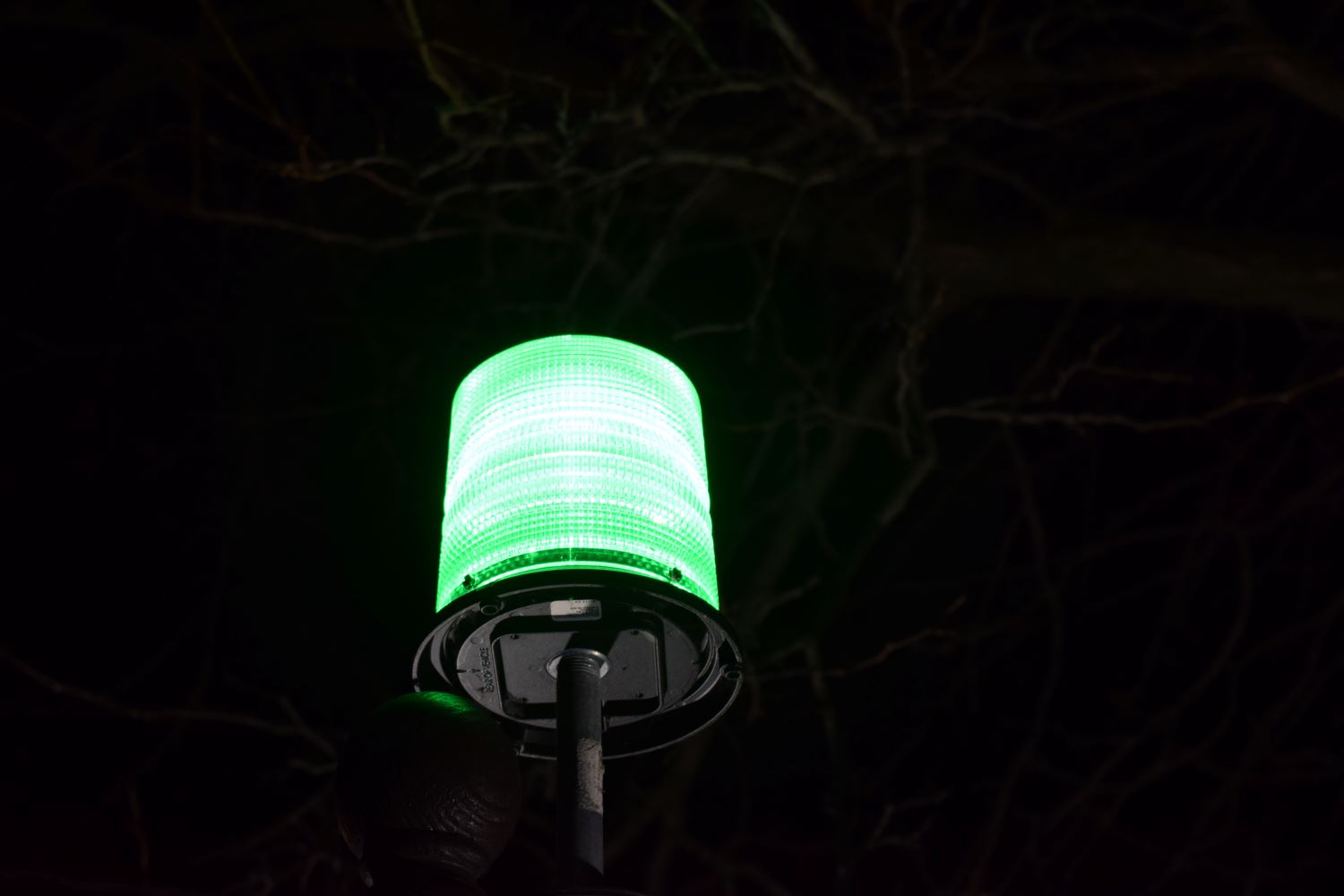Photography by Rebecca Smith
Graphic Images Designed by Lauren Williams.
Knowing what keeps us safe: A report on the Green Light Black Futures Community Safety Survey
Since Project Green Light was piloted in Detroit in 2016, continued acts of police violence across the nation have fueled the growth of the Black Lives Matter movement and calls to defund the police. Though urgency and attention toward challenging police surveillance in Detroit has waxed and waned, Detroiters have continuously organized against the expansion of surveillance in the city. Younger generations of Detroiters have built upon the legacies of the Civil Rights and Black Power movements to demand an end to police violence by investing time and energy into their neighborhoods and communities and developing alternative forms of maintaining public safety. Like their activist elders, Detroiters have adopted a range of approaches to organizing for community safety, including policy advocacy, direct action protest, mutual aid efforts, and community-based alternatives to policing and conflict resolution.
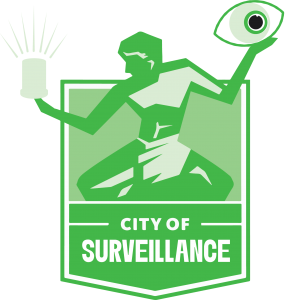
In October 2018, the Detroit chapter of the national organization Black Youth Project 100 (BYP100) launched a campaign to challenge the expansion of police surveillance under Project Green Light, the city’s public-private surveillance partnership. The campaign eventually evolved into Green Light Black Futures (GLBF), a Black-centered coalition committed to challenging the use of hyper-surveillance, over-policing, and facial recognition technology across Detroit. Led by young, queer Black members, GLBF launched a city-wide call to shift the responsibility of safety into the hands of community members, and out of the hands of the Detroit Police Department and the Project Green Light program. Between 2019 and 2021, GLBF built a coalition of local and national organizations, individuals, and community members who mobilized neighbors, created media to shift harmful pro-Project Green Light narratives, and hosted community events, trainings and workshops about safety, justice, and abolition across Detroit. The coalition is no longer organizing together, though many past members continue to be engaged in abolitionist projects and organizing.
From 2019 to 2021, GLBF members designed and disseminated the Community Safety Survey distributed by coalition members at community events, through door knocking and street canvassing, and digitally through an online survey link. The survey gathered opinions on safety and surveillance, documented community members’ experiences with Project Green Light, and collected people’s understanding of safety throughout Detroit’s neighborhoods. For the past two years, members of the GLBF research team have continued conducting research, analyzing data, interviewing community members, and holding listening sessions to ensure that findings from the Safety Survey were substantiated and made publicly available.
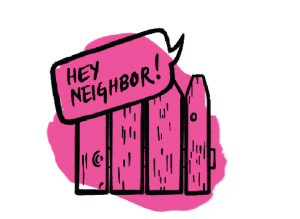
A full report based on the survey, “We Want Safety Not Surveillance: What Safety Means and What Residents Want,” will be available in Fall 2022. It will include the survey’s data alongside analysis of local political contexts, histories of surveillance, and traditions of resistance to pervasive policing in Detroit, as well as community-driven recommendations for how we can move forward. Besides uplifting the knowledge, opinions, and expertise of Detroiters, the report will foreground community members’ understandings of safety and concerns about surveillance, which has not been comprehensively incorporated in past evaluations of Project Green Light by the Detroit Board of Police Commissioners and the Detroit City Council. Highlights from the safety survey are included below.
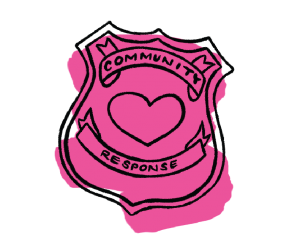
Safety Is Freedom From Bodily Harm
When asked to define safety, survey respondents described safety as: freedom from fear within a given space (26.0%), freedom from the threat of physical harm (19.8%), and freedom from overall violence (6.2%). One respondent described safety as “a feeling of freedom [and being] able to move without worry of harm from others, community or government officials.” Many community members explained that having choice, freedom, and control over how they move through their immediate environment is essential to feeling safe, especially for those with marginalized identities of race, gender, and queerness.
Police Make Bad Situations Worse
In response to the survey, community members shared varied reasons to call and not call the police, as well as concerns about doing so. People’s responses explained that police presence could result in unnecessary anxiety, “unsafety,” and violence (17.4%) and that the police offer little help and often escalate situations (22.9%). Instead of calling the police, many respondents explained they would instead turn to neighborhood and community resources (20.8%), policing alternatives such as mental health professionals and social workers (22.2%), and family or friends for support. A number of community members’ responses discussed handling and navigating emergencies and de-escalating situations by themselves (16.7%). These responses all show the importance of strengthening alternative safety resources to policing within communities.
Detroiters have consistently fought back against police violence and worked to create alternative forms of safety. Over the past several years, organizations like GLBF, Detroit Will Breathe, Detroit Safety Team (DST) and Metro Detroit Restorative Justice Network (MDRJN) have called for a reallocation of funding from policing to communities and have developed alternatives to keep communities safe without police.
Safety Comes From Community
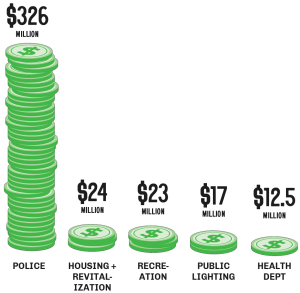
Caption for Money Issue: City funds directed toward policing grossly outweigh those for community focused initiatives.
When asked about sources of safety, responses to the survey often mentioned the importance of mutual aid (16.9%) and knowing, trusting, and being looked out for by neighbors (13.6%). Interpersonal relationships allow community members to look after one another, and to count on each other when they need support. Residents describe that being known, seen, and understood is the opposite of “being watched through surveillance.”
Building a non-punitive culture of safety has shaped the approaches of organizations like the Detroit Coalition Against Police Brutality and their Peace Zones 4 Life (PZ4L) program. PZ4L uses community-based approaches to safety and preventing police violence through mediation and conflict de-escalation to create safe communities. The Green Chairs Not Green Lights project encourages neighbors to look out for one another by returning to front porches and promotes safety through fostering community connections.
Community Infrastructures Build Safe Neighborhoods
Community members’ survey responses highlight the importance of physical and social infrastructures in supporting safer neighborhoods. Elements of Detroit’s neighborhoods that people said provide them with a sense of safety included: their neighbors (97.1%), streetlights (83.2%), parks and playgrounds (69.9%), small businesses (68.8%), community farms and gardens (68.2%), block clubs (66.5%), and healthcare facilities (40%). Community members also described access to resources such as safe water, food, shelter, and education as foundational to safe environments.
Recommendations
The Safety Survey data shows that long-time Detroiters know what they need to feel safe in their neighborhoods–and it isn’t more police surveillance. If city officials are genuinely interested in public safety, it’s time they start listening to Detroiters and investing in communities that have shown the collective capacity to envision and create a safe and vibrant city.
Policing and city government:
- City officials should defund and discontinue support for the Real Time Crime Center, Project Green Light, and other parts of DPD’s surveillance infrastructure
- City Council should terminate all contracts with private surveillance companies, including but not limited to: Motorola Solutions, DataWorks Plus, and ShotSpotter
- City Council should adopt the provisions of the Detroiters Bill of Rights proposed by the Charter Revision Commission in 2020, including demilitarizing the police, restricting the use of surveillance technologies owned and operated by public agencies in Detroit including the police, and restructuring the Board of Police Commissioners to reflect true accountability to the community
- City Council should create and fund community response teams so that wellness checks, substance use, and mental health issues do not get dispatched through DPD
- City Council should invest in services that preserve and increase the quality of life of residents, such as clean and affordable drinking water, a strong school district, food accessibility, permanently affordable housing, reliable and accessible public transportation, and public health initiatives
Community members:
- Do not enroll in Project Green Light! If you own a business or property, lead an organization, talk with your customers, residents, congregants, and other community members to find alternative ways to encourage safety
- If you are a manager or leader in your workplace or organization, prioritize the creation of training opportunities for employees and members that address crisis de-escalation and conflict resolution. If you are an employee, demand the need for this kind of training in your workplace
- Establish crisis and emergency response plans within your workplace, school, church congregation, apartment building, or non-profit that prioritize conflict de-escalation, open communication, and addressing the needs of those in conflict, without calling the police
- Get involved with organizations, like the Detroit Safety Team and the Metro Detroit Restorative Justice Network, that work with transformative and restorative justice frameworks. Learn to apply these modes of non-violent resolution in the community
- Reach out to your neighbors to talk about the dangers of police brutality, and establish a plan for how to deal with conflict in your neighborhood
Journalists and researchers:
- Investigate relationships between surveillance operations and civilian complaints of police misconduct in Detroit. The 2021 MacArthur Justice Center report on ShotSpotter in Chicago could be used as a model for this kind of inquiry
- Give equitable attention to community concerns about surveillance. Use your work to amplify the voices of community organizers who are creating safe neighborhoods without relying on surveillance, policing, and incarceration
New Measures of Safety
The Green Light Black Futures Community Safety Survey shows us that community members understand and value safety in a very different way than the limited framing offered by punitive practices including policing, incarceration, and biased crime data reporting. Detroiters have demonstrated that they are ready to inform future conversations around what safety is, how safety is measured, and how to better build a culture of safety across Detroit. Responses to the Safety Survey show us that safety planning needs to center human relationships, alternatives to policing, and questions of how we as neighbors want to take on the necessary work of advancing social justice.
To access the full report on the Community Safety Survey, use the QR code below or visit urbanpraxis.org.


